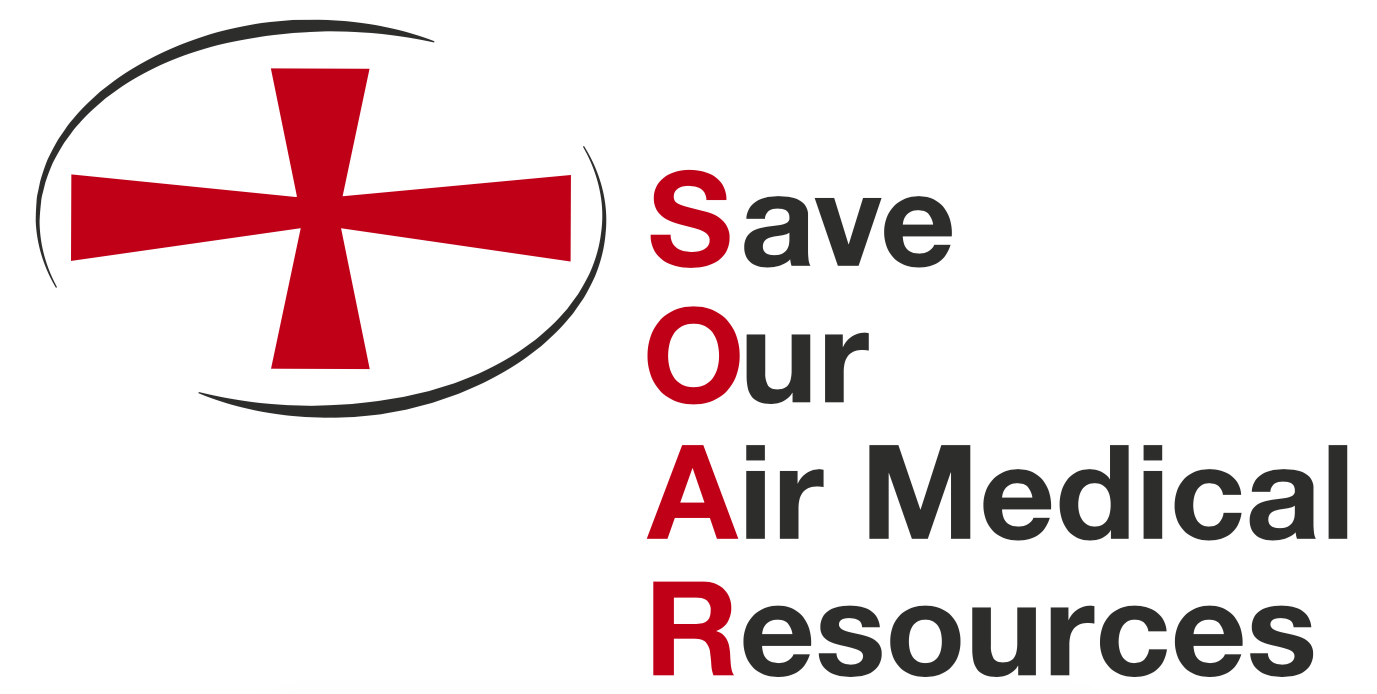David S. Wichmann
CEO, UnitedHealth Group
9900 Bren Road East
Minnetonka, MN 55343
David Cordani
President and CEO, Cigna Corporation
900 Cottage Grove Road
Bloomfield, CT 06002
Karen Lynch
President, Aetna
Executive Vice President, CVS Health
151 Farmington Avenue
Hartford, CT 06156
Dear Mr. Wichmann, Mr. Cordani, and Ms. Lynch,
While American families battle the dual challenges of a global health pandemic and the ensuing financial strain, it is more important than ever that access to critical care is preserved. That is why we are asking the nation’s largest insurers – UnitedHealth, Cigna and Aetna– to enter into in-network agreements with emergency air ambulance providers. While your companies may have some smaller hospital-based programs in-network, they do not have any of the larger independent emergent air medical providers which cover much of rural America.
Emergency air medical services are an integral part of America’s health care system, particularly in rural areas where hospital closures and reduction in services have reduced access to medical care for millions of Americans. Air ambulances, armed with life-saving equipment and highly trained medical staff, provide swift transport to the nearest appropriate medical facility when a medical emergency occurs. Because they provide this timely, definitive care en route to the specialty care facility, air medical services can actually result in a lower cost of total care. The vast majority – 90 percent - of medical air transports are for victims of stroke, major cardiac events, or trauma, but during the pandemic, air ambulances have been called on to transport COVID-19 patients and to relieve overwhelmed hospitals lacking sufficient resources to treat the influx of critical patients to their ICUs and COVID-19 floors. To date, the air medical industry has transported an estimated 10,000 COVID-19 patients, a number that will surely grow until a vaccine is developed.
Save Our Air Medical Resources (SOAR) is a national campaign dedicated to preserving access to emergency air medical services for Americans across the country. While we recognize that each of your companies may have in-network agreements with some air medical providers, these networks are not adequate enough to cover everyone in need of the life-saving care that air ambulances provide.
In light of the growing need to work together to reduce patient out-of-pocket costs, which has been heightened by this pandemic, we believe the time is now to come to the table in good faith and negotiate fair in-network rates with air medical providers. Patients pay their monthly premiums to ensure that they will not be bankrupted should a medical emergency occur. Individuals are only ever transported by an air ambulance because it was ordered by a doctor or first responder. Some, however, are later told by their insurance company that they will be responsible for the bulk of the cost. This should never happen, but especially not as our nation struggles with a pandemic.
Studies have shown that covering emergency air medical transports, which are currently underpaid or denied by private insurance, results in only a negligible increase in premiums. A Montana legislative study found that air ambulance services could be covered for only a $1.70 a month increase in premiums., while a similar study in Kentucky estimated that the increase would be between $0.92 and $3.69 per person per month for fully insured plans.
Preserving access to this critical service depends on insurers doing what’s right for patients. This is especially important now as we battle the COVID-19 pandemic. We ask that you please prioritize patients by going in-network with large, independent air medical service providers.
Sincerely,
Save Our Air Medical Resources (SOAR)

